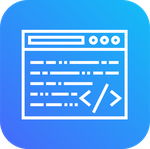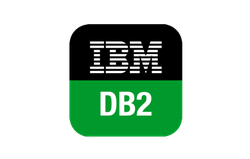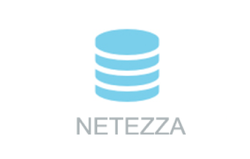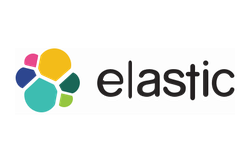Data API
NODATA helps you to expose secure data API through simple configuration with enforced security.
Why should you use a data API?

NODATA helps you to expose secure data API through simple configuration with enforced security.
Why should you use a data API?


With a micro-services architecture, you need to define gateway to your data platform and drive your application with valuable insights. You need a simple and standard toolset to expose APIs.

Exposing data API is a way to consume data. NODATA allows you to put a RESTful HTTP interface in front of your data, making them reachable through simple HTTP queries. Your data is available for any kind of use such as web integration, business applications, webservices

With NODATA, designing a data API is quite simple. You define a source, which can be a data platform or a file system, and you define what will be exposed. Then, you're done configuring your API, NODATA will take care from here.
You can design either static or dynamic APIs (by defining parameters).
You can choose your transport format amongst supported ones: CSV, JSON, Excel.
NODATA can handle data transfer from source to destination that can both be either files, streams, or any supported data platform.
Along with consistency, security is one of your main concerns when creating a data API. You need to control who has access to your data. NODATA can hold your authorized users referential, by defining roles for each API and attaching user to these roles. Then we make sure that only authorized accesses can be processed on your data. Moreover, you can connect NODATA to your own SSO system and use your organizational information to substitute NODATA jurisdiction. This way, you don't have to manage permissions in multiple administration tools.
Supported authentication provider systems: LDAP, Active Directory, CAS, SAML.
You can design your data API with parameters. Static queries use is limited because most of the time you need to specify some dynamic filtered values such as a date range, or a subset of records matching more or less complex characteristics. The parameters become part of your API definition and enrich the query at runtime.
NODATA provides a query templating language to acces data with API. Most of the time, a lot of queries end up duplicated for some slight structure changes. This implies more queries to maintain, heavier impact assessment, higher risk of errors and lack of consistency.
NODATA templating language allows you to define conditions, loops and other meta instructions on your query in order to make them dynamic and more generic. Every instructions you define can consume variable inputs that you expose as parameters of your API. This way, you can define and maintain fewer queries with higher genericity and better consistency.
As an example, you may have a regulation need that can be covered by NODATA API feature. If your user referential holds information about who is able to access sensitive information, a boolean parameter called SENSITIVE_USER will be set to "true" by checking user authorization directly in the referential. Only, authorized users will be able to access sensitive information through your API, if needed, you can customize a message to notify them.

NODATA supports a lot of data platforms and helps you to easily transfer data from one storage to another, converting them from one format to another with the NODATA Bridge component.











